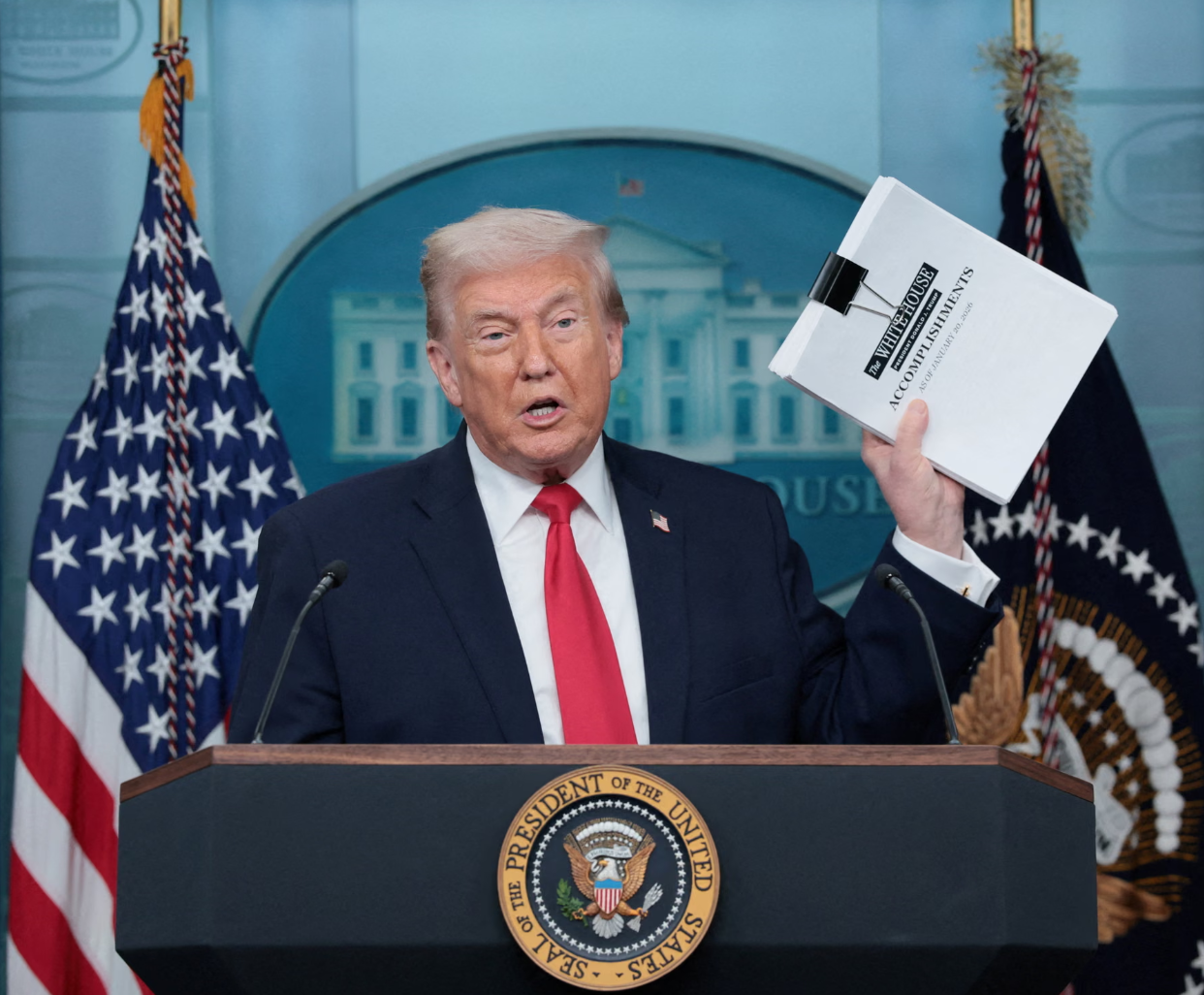All of the cases are believed to involve fentanyl, since the students took round blue pills marked “M30.”
Authorities are investigating an unprecedented outbreak of opioid overdoses at a single high school in Sterling, Virginia.
Eight students at Park View High School have overdosed in the last three weeks, according to the Loudoun County Sheriff’s Office.
In total, the sheriff’s office is investigating nine opioid overdoses at Park View this year among male and female students. None of the overdoses were fatal, but each required some sort of medical intervention such as treatment, CPR or transport to a hospital.
The most recent case happened off-campus on Tuesday evening.
“This sadly, horrifically happened last night,” said Thomas Julia, the communications director for the sheriff’s office, who added that the student had to be given CPR.
The county has never had so many opioid overdoses in such a short period of time, Julia said.
Before the outbreak at Park View, the sheriff’s office had investigated nine opioid overdoses among young people in Loudoun County this year, bringing the annual total to 18 so far. In 2022, there were 19 such reports.
Julia said all nine cases at Park View are believed to involve fentanyl, since the students took round blue pills marked “M30” — one of the most common appearances of fentanyl that mimics oxycodone sold at pharmacies. Nevertheless, the sheriff’s office is sending the pills to laboratories to confirm that fentanyl was present, Julia said.
“We’re trying to find the source of these drugs,” he added. “We want to protect the kids that are in the school. We want to make sure they are more aware of the dangers of fentanyl, which can be lethal in a single dose.”
Four of the overdoses occurred on campus and three required CPR. At least three cases also required the administration of naloxone, a life-saving medication approved by the Food and Drug Administration to quickly reverse opioid overdoses.
Julia said at least one person at every school in Loudoun County is trained to administer the medication.
In a statement Tuesday, the superintendent of Loudoun County Public Schools, Aaron Spence, said he was “concerned and saddened” by the crisis, adding that “the issue of addiction is truly at play here.”
Spence said the school system held community information sessions about fentanyl last spring and is now training and supplying its high school staff with naloxone. Park View families received a message this week with information and resources, he added.
But Julia said the sheriff’s office felt the need to draw more attention to the issue by issuing a press release on Tuesday.
“Normally we allow the schools to take the lead in this, but in all honesty, we felt that there was not enough public information being put out there of what was actually happening,” he said.
Loudoun County Public Schools did not respond to a request for comment.
Dr. J. Deanna Wilson, an assistant professor at the University of Pennsylvania Perelman School of Medicine who studies opioid use disorder treatment, said the surge of overdoses at Park View is reflective of a national trend.
“More and more young people are experiencing a mental health and substance use crisis,” she said. “Drug overdoses are now the third leading cause of death for young people. It’s only a matter of time before you see that translated in the schools where young people spend the bulk of their time.”
Nationally, the median monthly overdose deaths among adolescents ages 10 to 19 doubled from the second half of 2019 to the second half of 2021, according to the Centers for Disease Control and Prevention. And median monthly deaths involving illegally made fentanyl nearly tripled.
Most of those adolescents did not have a history of opioid use, meaning addiction wasn’t the culprit, Wilson said.
“Young people are getting access to things that they think are pills like prescription opioids or benzodiazepines,” she said. “What they’re actually getting is counterfeit pills that are made up of fentanyl.”
Rather than telling young people to abstain from drugs, schools and parents should normalize having naloxone on hand, Wilson said.
Thirty-six states allow K-12 schools to administer opioid antagonists, the class of medications that includes naloxone, according to a recent analysis. But just nine states expressly require schools to have opioid antagonists, and some of those requirements only apply to public schools or certain grades.
In a letter to educators on Monday, the Biden administration said every school should have naloxone to prevent overdose deaths.
One H.S. in Virginia had 8 opioid overdoses in 3 weeks in unprecedented outbreak




